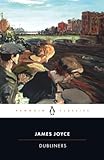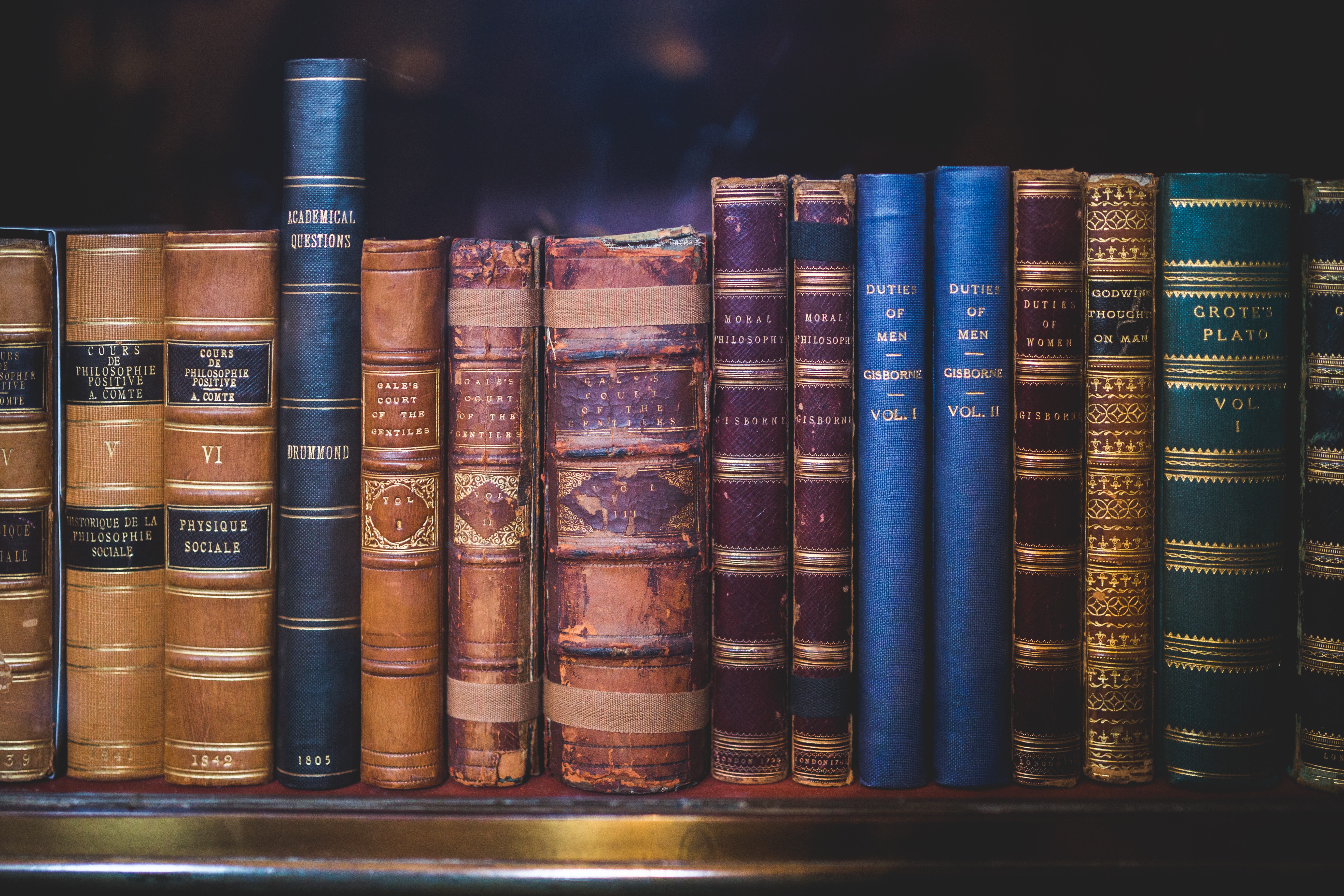This past year I read 56 books. That’s slightly off the pace of 60 books a year that I’ve set over the previous 12 years, but then I did read a lot of very long history books this year—yes, I’m looking at you, Robert Caro—and my wife and I did make a very time-consuming move to Canada late in the year. Or at least that’s what I’m telling myself. Maybe the real answer is that I’m just getting tired of trying to read so damn many books.
I know how many books I read because I’ve kept a list of every book I’ve finished since January 1, 2000. As of today, my total for books read in the new millennium stands at 776, of which 368 were fiction or poetry and 408 were nonfiction or memoir. Just less than 30 percent of those books, a total of 229, were written by women. At one point, I tried to keep track of how many of the authors I read were non-white, but the racial demarcations became so tangled—what to make of Bliss Broyard, a white writer who wrote a book about her father, Anatole, who concealed his (nearly invisible) African-American heritage until his death?—that I gave up.
As you can see, I’m a wee bit obsessive about my book lists. I’m deeply competitive, too. Because books are long, and because, in addition to holding down a number of teaching and freelance-writing gigs, I am also the primary caregiver for our six year old, my reading time is limited, which means I have to pace myself. I long ago figured out that to reach my goal of reading 60 books a year, I needed to average five books a month, or a little more than a book a week. For years now, reading has been something like training for a marathon. I keep mental tallies of how many pages I’ve read per night, and how many more pages I need to read in the next few days to keep to my average. In 2011, after years of hovering in the mid-50s, when my annual average hit precisely 60—that is, 720 books read over 12 years—I did a private victory lap.
And that, finally, is what is so bizarre about my little obsession: I’m competing with no one. No one even knows I keep the lists. Once, some years ago before we adopted our son, I bragged to my wife that I had read 66 books in the previous year. She was appalled. Here she was busting her ass working long hours at her high-level job at the United Nations, and I had time to read 66 books a year? Needless to say, that was the last time I bragged to her about how many books I’d read. In fact, aside from a few deliberately vague references to members of my family, all my mental gymnastics over how many pages I read in an evening and how well I was keeping to my five-books-a-month pace has remained a well-kept secret.
In an odd way, the fact that no one else knows has made me more competitive, not less. I’m sure serious runners are familiar with this seeming paradox. Maybe nobody else knows that you shaved 1.2 seconds off your personal best time for the mile, but you know—and that knowledge, plus the fact that your achievement has brought you no external reward, gives you a perverse sense of satisfaction. Or no, let’s be honest about this: it gives you a perverse sense of superiority.
Because in the end, whether you’re recording how many seconds it takes you to run a mile or how many books you read in a year, what you are really doing is finding a way to quantify your inner sense of self-worth. For some people, their self-worth is bound up in the way they look, but beauty is in the eye of the beholder, so physical fitness—the number of seconds shaved off personal-best times, the number of reps at a certain weight, and so on—becomes a convenient proxy. In my case, I care about being seen as smart. In our culture, bookishness is a signifier of intellectual capacity, so the more books I read, the smarter I must be. That no one else knows is not merely beside the point; it heightens the sense of achievement. I’m a genius, I’ve been quietly telling myself for the past 13 years, and nobody even knows it.
This is made all the more complicated, and in a certain way more poignant, by the fact that I am a writer, so far not a terribly successful one. The problem isn’t so much that I’ve managed to publish only a handful of stories in literary magazines and have two unpublished novels languishing in my digital bottom drawer. That is galling, of course, but the real problem is that until very recently, my work just wasn’t very good. Unsuccessful writers tend not to say this aloud very often, at least not in public. It’s easier to blame the cruelty of the market and boneheaded editors, but I suspect that when they’re alone at their writing desk most serious writers are like me: for most of their early writing lives, they read their own stuff and cringe.

 It is difficult to describe how painful this is. I became a writer not just because I thought I had something to say, but because I love good writing. I care about good writing. I will go so far as to say that, for me, good writing has a moral dimension to it. A great novel like Mark Twain’s The Adventures of Huckleberry Finn, or a revelatory story like James Joyce’s “The Dead” from Dubliners is like some incredibly fine moral scalpel that can slit me open, turn me inside out, and force me to feel the world in a raw, intimate way that only a great work of art can. A clumsy sentence or an insufficiently explored character in a place where that sort of thing isn’t supposed to occur—in a published novel, say, or a reputable literary magazine—feels not merely lazy or bad, but wrong.
It is difficult to describe how painful this is. I became a writer not just because I thought I had something to say, but because I love good writing. I care about good writing. I will go so far as to say that, for me, good writing has a moral dimension to it. A great novel like Mark Twain’s The Adventures of Huckleberry Finn, or a revelatory story like James Joyce’s “The Dead” from Dubliners is like some incredibly fine moral scalpel that can slit me open, turn me inside out, and force me to feel the world in a raw, intimate way that only a great work of art can. A clumsy sentence or an insufficiently explored character in a place where that sort of thing isn’t supposed to occur—in a published novel, say, or a reputable literary magazine—feels not merely lazy or bad, but wrong.
And here I was doing it myself, year after year, story after story, book after book. For years, I had to come at my writing desk sideways, creep toward it inch by inch while pretending to be doing something else—reading the newspaper, checking my email, staring out the window—because I knew that once I sat down and opened up the file of whatever I was working on, it would suck. Worse, I had no idea how to make it not suck. I spent hours and hours—years, in some cases—fiddling with stories and parts of novels, and when I printed them out to read them afresh, they still sucked just as bad as they always had.
Through all those long years, reading—compulsive, competitive reading—was my balm. Early on, when I was in grad school, I told myself that an hour spent reading was as important to my progress as a writer as an hour spent writing. At the time, this was almost certainly true. I wasn’t one of those kids who read books by the bagful and had plowed through Tolstoy and Dostoevsky by the time I was 15. I probably read more books than the average American teenage boy, but I also played a lot of sports and watched a lot of TV. If I’m being honest, I’d also have to admit that I spent a fair amount of my adolescence too high to do anything but crank Pink Floyd and stare at the bedroom wall.
This became a real handicap in my 20s when I started to get serious about being a writer. My earliest attempts at fiction were all transparent knock-offs of early Raymond Carver stories. This was in part because I was in many ways a sad, confused character out of an early Carver story, but it was also because Raymond Carver was one of the very few contemporary writers I had actually read.
This is one of the reasons I started keeping the reading lists in the first place. I told myself I just wanted to keep a record of what I’d read, but, really, I knew myself well enough to know that I would turn it into a competition and start reading more. And I did. The first year I read 40 books. The next year I read 66. After a few years of steep dips following our son’s arrival, my averages boomed again, and by 2011 I had hit 74, my personal best. Keeping a list forced me to read more widely, too. Because I kept track of how many women and non-white writers I was reading, and because I was appalled how many white male writers I found I was choosing to read, I pushed myself out of my comfort zone and discovered great women writers like Julia Glass, Kate Christensen, and Edwidge Danticat that I might not have read otherwise.
But that was 13 years ago. I’m in my 40s now, and I don’t feel nearly as much a literary rube as I once did. There will always be people who have read more than I have and who have read more deeply than I ever will, but that doesn’t bother me as much as it once did. I’ve read enough to know what a good book is, and I’ve read widely enough to know that there are many different kinds of good books. More importantly, I think, I don’t hate my own work with same secret passion I once did. True, I’m getting paid to write again for the first time in decades, and serious people are taking my fiction seriously, but that’s not what I’m talking about. I’m talking about being able to scroll down to any page of my own work that I consider finished and say, “Okay, a writer wrote that.” I still have to approach my writing desk crabwise, because this thing we do, this making magic out of words, is hard, no matter who’s doing it. But it no longer seems impossible to me. I no longer feel like I’m just fooling myself.
So in this new year, I am solemnly resolving to read fewer books. I’ll probably still record them because it’s habit now, and it is kind of nice to be able to look back over a year and see what I’ve read. But I won’t be aiming for 60 books a year anymore, and if I see a nice, fat doorstop of a novel I want to read, I won’t stop to check whether I’m far enough ahead for the year to give up the two or three weeks it’ll take to read it. I’ll just read the damn thing.
Image Credit: Pexels/Negative Space.










